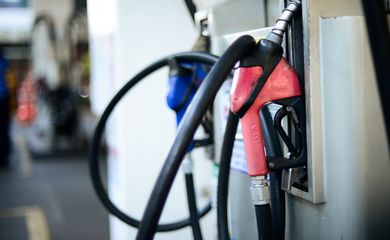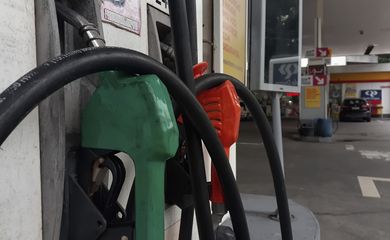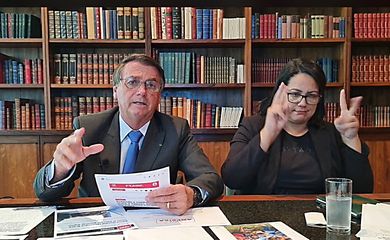Senate Committee approves PL to stabilize fuel prices

The Senate's Economic Affairs Committee (CAE) approved on Tuesday (7) the Bill (PL) 1.472/2021 , which creates a program to stabilize the price of oil and derivatives in Brazil. The project aims to cushion the impacts of increases in the price of a barrel of oil and contain the rise in fuel prices.
The bill was initially presented by senator Rogério Carvalho (PT-SE), and the approved proposal was by senator Jean Paul Prates (PT-RN), in the form of a substitute. The text goes to the plenary.
According to senator Jean Paul, the project seeks to reduce the volatility of prices in the sector and is just one of the tools the government will have to ensure that increases in barrels on the international market do not impact the country so often.
The approved project establishes minimum and maximum rates for the Export Tax on the product, which will be zeroed until the value of the barrel reaches US$ 45. The previous version provided that the tax would be valid when the barrel was above US$ 80. Another change is regarding the maximum rate, which will now be up to 20%, against the 12.5% initially foreseen.

rates
By the substitute, the rate will be at least 2.5% and at most 7.5%, applied only on the portion of the value of crude oil above US$ 45 per barrel and below or equal to US$ 85 per barrel. The rate changes to a minimum of 7.5% and a maximum of 12.5% when applied to the portion of the value of crude oil above US$85 per barrel and below or equal to US$100 per barrel.
For installments above US$ 100 per barrel, the rate will be at least 12.5% and at most 20% and will not be levied on the total amounts, but only on the portion of the price that exceeds the aforementioned amounts .
Thus, in the case of a barrel of US$ 75, an exported shipment would result in the payment of US$ 0.5 to US$ 1.5 per barrel, that is, 0.6% to 2% of the invoiced value. Additionally, the text provides that legal entities that allocate part of their production for refining in the domestic market may receive different rates on exports, in accordance with regulations.
Through the report, the Executive Branch may change the rates of the Export Tax levied on crude oil, in compliance with the minimum and maximum limits established in the project.
Stabilization
The approved text determines that the Executive regulates the use of price bands, in order to establish limits for the variation of fuel values, defining the frequency of readjustments and the compensation mechanisms. The price band system stipulates an upper limit for changes in retail oil prices, thus avoiding sudden increases.
In his bill, senator Rogério Carvalho proposed that the band system be made financially viable through the institution of a stabilization fund. As a substitute, the fund became the Stabilization Program, to reduce the volatility of oil derivatives prices.
*With information from the Senate Agency
Text translated using artificial intelligence.





